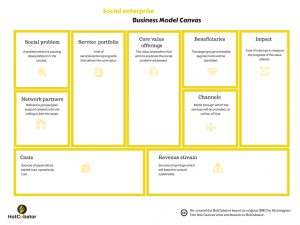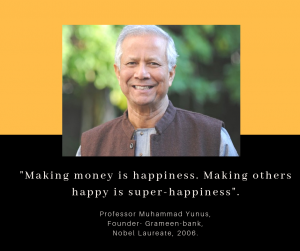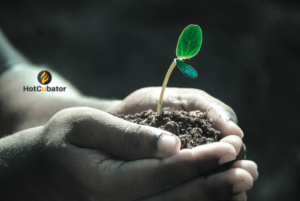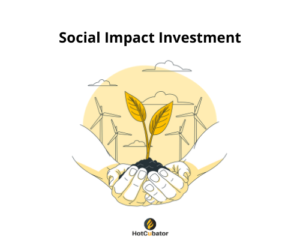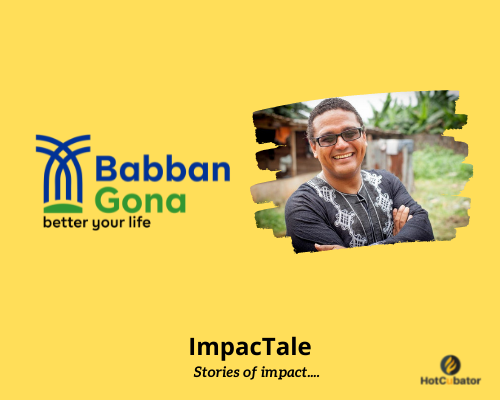
When we picture Africa, a continent with almost 1.2 billion of Earth’s population – common visuals that pop into our minds is of poverty, hunger, access to basic health, unemployment, violence etc. At least a large part of Sub-Saharan African region is still suffering from a number of notorious problems threating to cripple the economy of Africa.
Here are some facts gathered from World bank database between the periods of 2015 to 2020:
- A number of African countries has the highest unemployment rate in the world.
- Rebel and militant groups in Africa have more guns (40 million as opposed to 11 million). than the government agencies a report suggests.
- 389 million people in Africa are still living on less than US$1.90 a day.
- 46 percent of women in Africa have experienced either non-partner sexual violence.
- Africa has almost 30% of global refugee population.
- 20 countries in the region are categorised as fragile or conflict affected.
- Almost 1 in 10 working-age adults in Africa has a disability.
- The number of people living in extreme poverty in Africa increased by more than 100 million although their population share declined.
- COVID-19 had severe impact into the economy of most African countries which can potentially drive more than 40 million people into extreme poverty.
Observing the burgeoning problems, which affected the Sub-Saharan African region the hardest, a highly passionate and qualified Nigerian Kola Masha rolled-up his sleeve and transformed the unemployment landscape of Nigeria. Kola is also a highly educated individual with degrees from MIT and Harvard and experiences of working with global brands like GE health.
Mr. Masha moved back to his country in 2007 and started pondering how can he contribute to solve some of the wicked problems faced by Nigeria, one of the Sub-Saharan countries with a highest unemployment ratio. Masha realised that health of the agricultural sector in Nigeria is critical to the country’s economic wellbeing, accounting for 22% of GDP and employing an estimated 58% of the country’s active work force.
He gathered that the sector is predominantly made up of smallholder farmers, who produce over 70% of the nation’s food and own over 80% of all agrarian land but they face many challenges. Some of the biggest challenges for them are – low economies of scale, lack of finance, poor farming skills, access to storage and restricted access to formal markets.
So in 2012 he initiated an innovative and comprehensive agriculture franchise model in the name Babban Gona which means “Great Farmer” in Hausa, a native Nigerian dialect. Babban Gona aims to improve the lives of smallholder farmers through the provision of end-to-end farming services such as – farming know-how, harvesting services, storage and marketing.
Babban Gona uses a unique technology platform to make farming more profitable to create millions of youth jobs, interrupting the root causes of violence, stimulating strong economic growth, and alleviating the migration problem. Babban Gona’s innovative model enables Nigerian smallholder farmers to increase their production by lowering cost and achieve a higher price for their crops. Through Babban Gona’s model, each farmer receives a net income of $542, which is 3.8 times higher than average smallholder. It is noteworthy that the finance support provided to farmers have achieved a 99% repayment rate which usually is considered as high risk of non-repayment.
Here are some quick facts about Babban Gona –
Name of the social enterprise venture: Babban Gona
Founded: 2012
Sector: Agriculture and Livelihoods
Name of the social entrepreneur: Kola Masha
Country: Nigeria
Type of venture: For-profit social enterprise
Mission:
To disrupt the downward spiral of poverty and violence and create opportunities for dignified and fulfilling work for the rural youth who are at the risk of being astray.
Key impacts
Babban Gona’s creative model was awarded the first for-profit social enterprise in history by the prestigious Skoll Foundation. Besides, the impact of Babban Gona attracted wide range of funding support and media attention. Forbes ranked Babban Gona as one of the most innovative social enterprises in 2019. Babban Gona’s model has helped more than 65,000 smallholder farmers to double their yields and increased their net income 2.5 to three times that of the average farmer, with members earning a return of more than $2 for every $1 invested. Since inception, Babban Gona has cultivated over 55,000 hectares in partnership with smallholder farmers. More than 280,000 people in Nigeria have benefited from healthier food produced by Babban Gona farmers.

